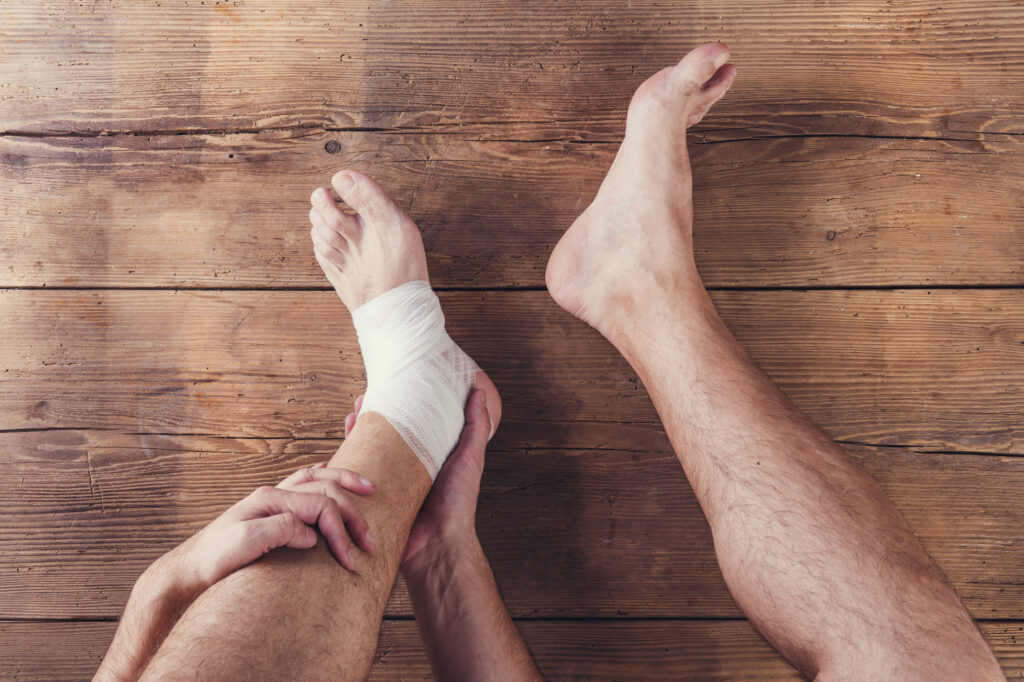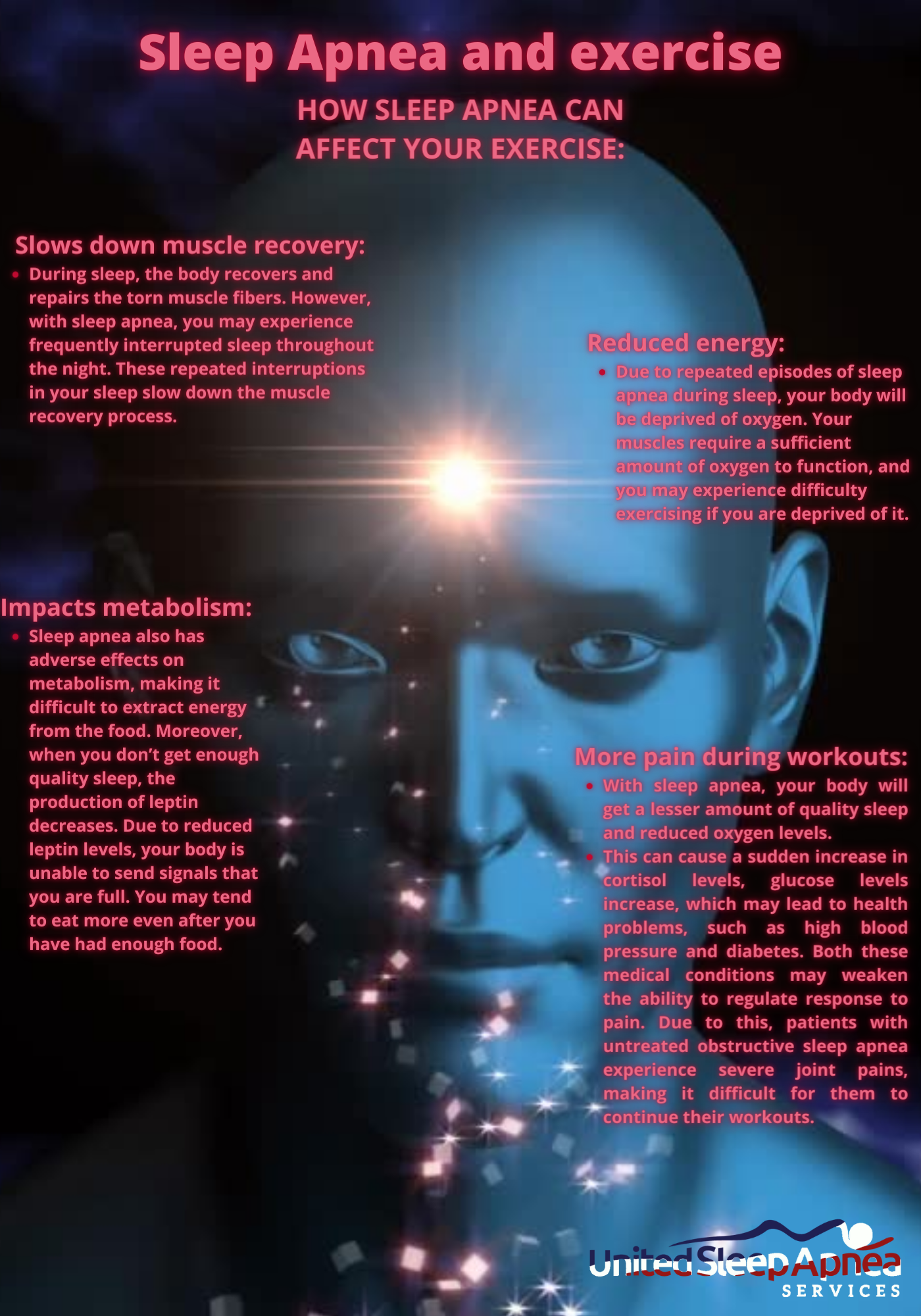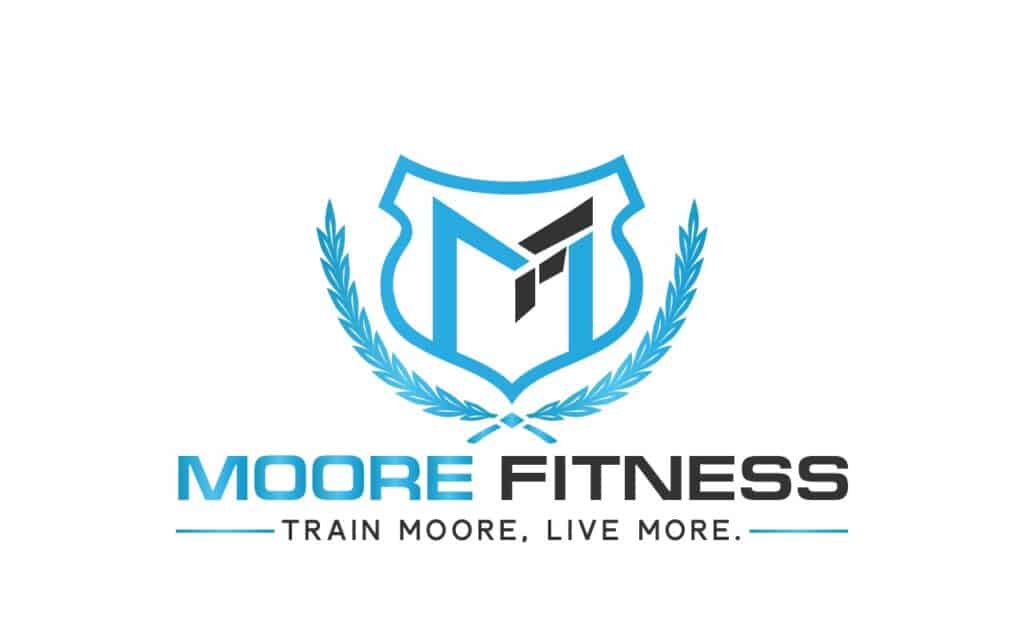Why is sleep important for fitness? This is something with our patients we always are preaching. We want our patients to get better sleep because every function of their body depends in some way on the quality of their sleep. This in turn can make or break each day you set out on your daily routines. So follow us and let’s get to it! Today we are going to discuss your health and fitness, and sleep to answer how sleep affects fitness goals.
So how does sleep affect your fitness? Getting proper sleep is essential for maintaining optimum health. Sleep is as important for our body as regular diet and exercise. It is a vital function of the body that helps the mind and body to rejuvenate and recover. Healthy and sufficient sleep helps the body remain healthy and fight off diseases. When your body is deprived of sleep, the brain cannot work properly, leaving you unable to concentrate, process memories and emotions, or think clearly. Hence, healthy sleep is important for a balanced physical, mental, and emotional state.
With changing lifestyles, people often overlook the importance of sleep to focus on other aspects of life. Sleep is even more important for more active people as it helps heal and repair blood vessels and the heart. Moreover, sleep is known to be beneficial in reducing the risk of kidney and cardiovascular disease, obesity, diabetes, blood pressure, and strokes.
People who are highly active cannot ignore the importance of getting enough sleep as exercise and sleep have a bidirectional relationship. Exercise stimulates the production of adenosine, an organic compound that causes sleepiness. The more regularly you exercise, the less you may experience sleep deficiency and a lesser risk of developing sleep disorders. On the other hand, the amount and quality of your sleep also may impact the results of your exercise in many ways.
Sign up to get the Epworth Sleep Scale test and check your sleep quality score!
Getting enough sleep can help you increase energy levels, which in turn will help you follow your exercise routine properly. On the reverse, sleep deprivation can cause your body’s muscles to fatigue. Hence, when a person is sleep-deprived, they are more likely to abandon the workout because of being too tired to continue.
Why are fitness and sleep important?

A routine workout schedule can benefit your health in many ways such as:
- Reducing stress
- Losing weight
- Preventing disease
- Improving cardiovascular health
- Increasing lean muscles
- Boosting endurance and many more
- Improve your sleep quality
But regardless of what your fitness goal is or what you are doing within your fitness routine, your body requires enough amount of healthy sleep to ensure you reach those goals. Quality sleep is the key to optimum health and fitness.
Here are three ways healthy sleep can help you in your fitness journey:
1. Sleep helps the body repair and rebuild muscles

Fitness and sleep are equally important for a healthy lifestyle. Both have a two-directional relationship. Hence, one cannot avoid the importance of sleep as it is essential for physical, mental, and emotional wellbeing. Many studies have shown that an inadequate amount of sleep can negatively affect your fitness goals. If you don’t get 7-9 hours of sleep each day when you are actively exercising, your body isn’t getting the required amount of rest to rebuild and repair itself.
Moreover, if you are suffering from sleep apnea, your sleep is constantly interrupted, and muscles are deprived of a sufficient amount of sleep. This can lead to fatigue and reduced energy when you exercise, resulting in more damage to your body. Hence, if you face problems achieving your fitness goals even after exercising as required, try evaluating your sleep habits and sleep quality.
Get fitness coaching from remote lifestyle coach Sarah Moore and improve your habits and health
When you exercise or workout in the gym you tear each muscle fiber, and these muscles need rest to grow and repair themselves. The body gets time to conserve energy, recover, repair, and build muscles during sleep. The body produces growth hormones during the deep sleep period or non-REM sleep phase. These hormones are helpful in the growth of the body during childhood and adolescence. As the body grows older, these hormones help build lean muscles and repair the torn-up muscle fibers. The body requires resting time to initiate the protein synthesis process to repair the muscles. During deep sleep or non-rapid eye movement sleep, this process stimulates the repair and growth of muscle tissues. This will help the body to adapt to the workout and gain mass. When your body gets the proper rest required for this regeneration process, the exercise that felt hard in the beginning will gradually get easier.
2. Sleep improves performance

When you are sleep-deprived, you feel tired, which can interfere with your body’s natural production schedules. If you workout with a tired body, you are putting muscles into overuse without giving them enough time to recover. Moreover, when the body is deprived of sleep, high-intensity workouts become more difficult and cause more wear out. When the body is sleep-deprived, you may not be able to think clearly and react quickly. Lack of sleep can make you more sensitive and irritable while impacting your focus and productivity. Getting enough sleep will positively affect accuracy, reaction time, speed, focus, and emotional state. A study on basketball players showed that longer sleep time significantly helped improve accuracy, speed, mood, reaction time, focus, and performance.
3. Good sleep helps control weight

Poor sleep quality is linked with weight gain. People who struggle to get long, healthy sleep tend to weigh more than those who enjoy quality sleep for an adequate time. Moreover, sleep deprivation is one of the most common risk factors for obesity. People who suffer from sleep disorders tend to have elevated ghrelin (appetite-stimulating hormone) and decreased leptin (the hormone that suppresses appetite) in their bodies. These deviations in the amount of ghrelin and leptin tend to increase appetite, causing an increase in calorie intake and higher BMI and most importantly–worsening body composition. Increased appetite and more calorie intake can result in increased weight and make your workout efforts to lose weight ineffective.
How does exercise help sleep?
As already mentioned, sleep and exercise have a bi-directional relationship. Just as sleep is beneficial for your workout, exercise is equally important to improve the quality and amount of sleep you get. Exercise can help you increase the time you spend each night in slow-wave sleep or non-REM sleep, the sleep phase where the body repairs the muscles. A review published in 2017 also showed that exercise could help people with sleep disorders get sufficient sleep. It can also benefit older people who face trouble sticking to a sleep schedule.
Moreover, as exercise tires out the body physically, it increases the sleep drive. When you exercise, the body requires rest to recover, and quality sleep provides the body the required rest. When you exercise, the body also produces adenosine that promotes sleep.
Exercising regularly also helps in relieving stress, which can be an important factor causing sleep troubles. According to research, about 75% of adults experience stress, and about 45% of adults claim that stressful thoughts keep them awake for a long time at night. Exercising can help them get relief from stress and get quality sleep. During exercise, the brain releases chemicals called endorphins, which help reduce stress levels and enhance your mood.
Are you interested in reaching your goals? Contact @sarahmoorefitness and reach your fitness goal easily and improve your sleep quality.
How can sleep disorders impact your fitness goals:
Quality sleep can help people achieve fitness goals, but what if the person is suffering from a sleep disorder and experiences poor sleep quality? Sleep disorders, like insomnia and sleep apnea, can badly impact your fitness goals as workouts are insufficient without proper sleep. Here is how insomnia and sleep apnea can affect your workouts:
· Insomnia
Insomnia is the most common type of sleep disorder where the patient may face trouble falling asleep, staying asleep for enough time, or both. As a result of insomnia, a person may either get too little sleep or poor sleep quality. The person may feel sleepy all day when they wake up and can lose concentration and productivity. Insomnia can badly affect your fitness goal as you will not get enough sleep required by the body to recover and gain energy.
When you have insomnia, you may not be able to achieve the deep sleep phase where the body produces growth hormones required to repair and recover. When the body isn’t getting enough sleep, the person may feel sleepy and tired the whole day. This will make the workout even harder, and your muscles will not get the repair time needed. Moreover, lack of sleep may result in loss of performance and focus required for the workout. When you are sleep-deprived or unable to get enough sleep, you will feel tired and sleepy, increasing the risk of getting injured during a workout.
Hence, when you have insomnia, you may not be able to get the most out of your exercise regime. Even worse, your efforts to exercise may negatively impact your overall health.
· Sleep Apnea
Obstructive sleep apnea OSA is a sleep-related breathing disorder where breathing will be interrupted during sleep. Frequent snorting or gasping during sleep is a common symptom of sleep apnea. Sleep apnea may occur because of blockage or obstruction due to fatty tissues around the throat. It may also occur when your brain mixes up the breathing signals during sleep. Untreated sleep apnea may cause several health problems, including stroke, hypertension, cardiomyopathy, diabetes, and heart failure.
Want to learn more about obstructive sleep apnea and other sleep disorders? Click here to read our previous blogs and subscribe to receive the latest updates!
Sleep is repeatedly interrupted during each sleep apnea episode, making it difficult to reach the deep-sleep or non-REM sleep phase. Hence, your body cannot get into the recovery mode where the torn muscle fibers are that need repair.
Here is how sleep apnea can affect your exercise:
1. Slows down muscle recovery
As we already know, our body requires seven to nine hours of healthy sleep every night, which becomes even more important when you are more active. During this time, the body recovers and repairs the torn muscle fibers. However, with sleep apnea, you may experience frequently interrupted sleep throughout the night. These repeated interruptions in your sleep slow down the muscle recovery process. This is why a person having sleep apnea may feel sorer than a normal person without any sleep disorder. A recent study showed that muscle strength declined significantly in men who get less than six hours of sleep compared to those who get 7-9 hours of sleep.
2. Reduced energy
Due to repeated episodes of sleep apnea during sleep, your body will be deprived of oxygen. Your muscles require a sufficient amount of oxygen to function, and you may experience difficulty exercising if you are deprived of it. When you start the workout, the heart rate will start increasing, and the muscles in the body will try to extract more oxygen to perform better.
When there is a lack of oxygen for muscles to perform properly, they take glucose and produce lactic acid instead of producing energy. This results in more fatigue and causes your performance to drop significantly. A study showed that people with sleep apnea have about 14% less VO2 max during exercise than those with no signs of sleep apnea. The significant drop in the amount of VO2 max uptake causes fatigue, and the person faces difficulty continuing their exercise regime.
Sleep apnea doesn’t only reduce the energy levels during exercise, but fatigue due to reduced oxygen levels can also impact your drive to workout. When you get too tired from a workout, you lose motivation to work out and feel even more tired not having enough energy for the work out.
3. Impacts metabolism
Sleep apnea also has adverse effects on metabolism, making it difficult to extract energy from the food. Moreover, when you don’t get enough quality sleep, the production of leptin decreases. Due to reduced leptin levels, your body is unable to send signals that you are full. You may tend to eat more even after you have had enough food.
Sleep apnea also causes your body to produce more amounts of ghrelin, a hormone that stimulates appetite. So, with a higher amount of ghrelin in the body, you will feel hungrier, and the body will demand more energy. This will increase your cravings for sweets, resulting in increased blood sugar levels.
4. More pain during workouts
With sleep apnea, your body will get a lesser amount of quality sleep and reduced oxygen levels. Sleep deprivation promotes stress levels, resulting in increased production of stress hormones known as cortisol. A small amount of cortisol in the body helps in the fight or flight response. However, with a sudden increase in cortisol levels, glucose levels increase, which may lead to health problems, such as high blood pressure and diabetes. Both these medical conditions may weaken the ability to regulate response to pain. Due to this, patients with untreated obstructive sleep apnea experience severe joint pains, making it difficult for them to continue their workouts.
Conclusion
Why is sleep important for fitness? Fitness and sleep are equally important for a healthy lifestyle. As individuals we should be focusing on getting rest for health and a better fitness experience. Both have a two-directional relationship. Hence, one cannot avoid the importance of sleep as it is essential for physical, mental, and emotional wellbeing. Many studies have shown that an inadequate amount of sleep can negatively affect your fitness goals. If you don’t get 7-9 hours of sleep each day when you are actively exercising, your body isn’t getting the required amount of rest to rebuild the muscles.
Moreover, if you are suffering from sleep apnea, your sleep is constantly interrupted, and muscles are deprived of a sufficient amount of sleep time to repair. This can lead to fatigue and reduced energy when you exercise, resulting in more damage to your body. Hence, if you face problems achieving your fitness goals even after exercising as required, try evaluating your sleep habits and sleep quality.





